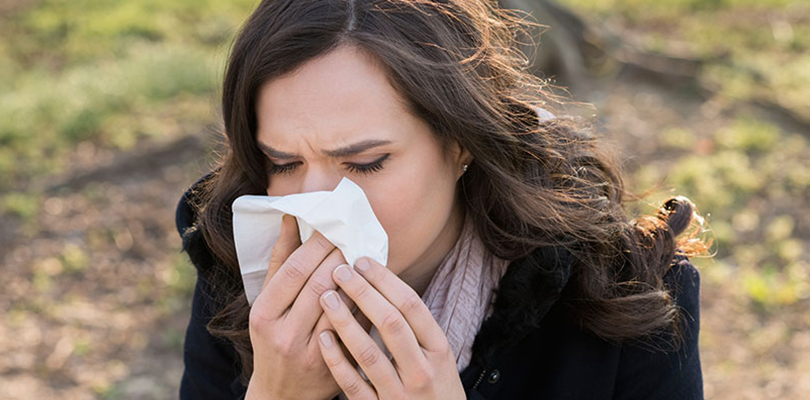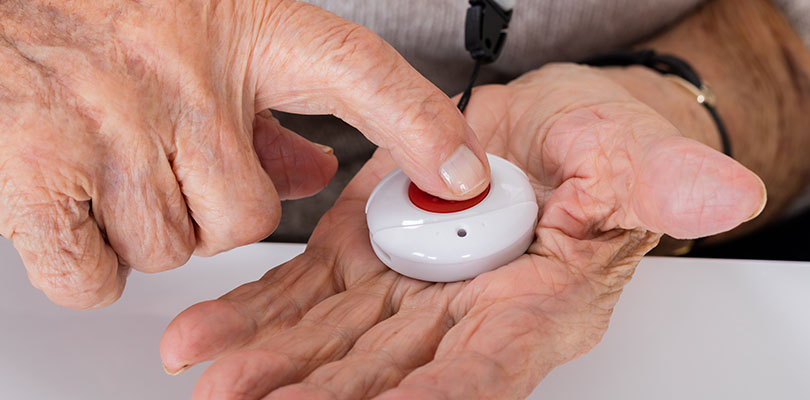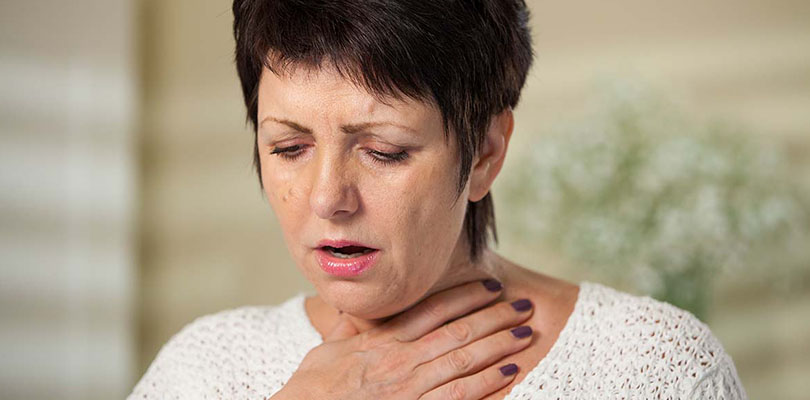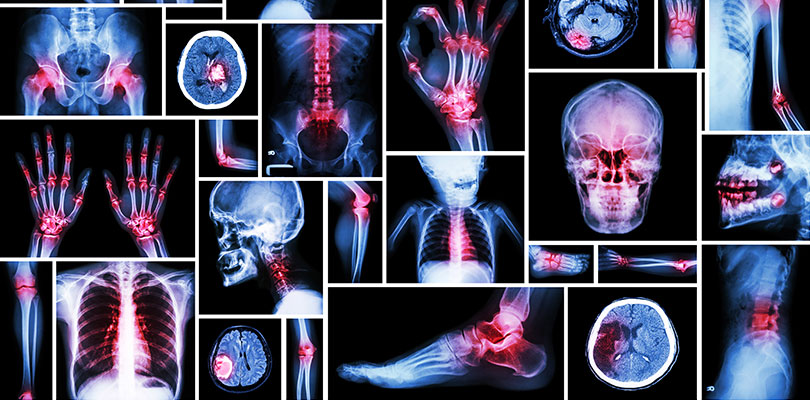Photo Credit: Ridofranz / iStockPhoto.com
Is It Allergies or a Cold?
Common Cold
The first thing you need to know about common cold is that it is a virus. There are over 100 different kinds of cold viruses that thrive on human bodies each day.
Every person, however, has a different reaction depending on the kind of virus they are exposed to. This is why the symptoms usually vary from person to person. So, how do we differentiate these symptoms from an allergy?
Characteristics of a Common Cold
The common features of this illness include:
- Notwithstanding its name, you can be affected by a cold at any time of the year. In fact, every healthy person is estimated to fall victim to the common cold twice or more annually.
- Since babies have weaker immune systems, they are more prone to catching a cold.
- The recovery period is usually quick, spanning over a week or two.
- A cold usually pass through the air when someone sneezes, coughs and sometimes even through touch.
- The most common warning signs include a sore throat, coughing and a stuffy or a runny nose.
- A severe cold often causes high fever and body aches, while less harsh strains may cause just sneezing and itchy eyes.
- If the symptoms still persist after a week or two, the cold may have likely progressed to an infection.
- People who are vulnerable to allergies have greater chances of catching a cold.
Allergies
Allergies occur when your immune system adversely reacts with some foreign substances. The immune system releases chemicals known as histamines upon exposure to these triggers, which causes allergy symptoms as a defense against the intruders.
Common allergy triggers include:
- Dust mites
- Pollen
- Animal dander
- Foods such as eggs or nuts
- Mold
Characteristics of Allergies
Allergies exhibit pesky characteristics including:
- Similar symptoms to that of a cold, including sneezing, cough, congestion or a runny nose
- A sore throat caused by postnasal drip
- Rashes and itchy eyes
- Occurrence at a particular time of the year (seasonal allergies)
How to Know Whether it is an Allergy or Cold?
Diagnosing whether it is an allergy or a common cold is pivotal to help decide the next course of action. Ask yourself these questions next time you suspect allergies or a cold, you can have a better understanding of your medical needs:
- Are there any seasonal changes occurring?
- How long did it take the symptom to appear?
- Am I experiencing itchy or watery eyes?
- Am I experiencing fevers or body aches?
- Is the color of the nasal discharge yellowish or green?
Differences Between Cold and Allergy
Characteristics
Duration: Cold is likely to persist over a course of 3 to 14 days whereas allergies are known to last for months, or even longer, as long as you remain in contact with the trigger substance that caused it in the first place.
Season: Colds are mostly known to primarily occur in the winter, but that isn’t a certainty. On the other hand, allergies can happen any time of the year.
The appearance of symptoms: The symptoms of a cold usually take a few days to appear once you have been infected with the virus, whereas allergy symptoms appear immediately after contact with the trigger.
Why do our stomachs growl? As it turns out, most of the time the growling is actually occurring in the intestines, not in the stomach at all!
Symptoms
Cough: A cold is often accompanied by a cough whereas only certain types of allergies will result in a cough.
Fatigue: You are likely to feel fatigued in both cases.
Aches: Body aches are the ultimate companion of a cold, whereas with allergies there are never any signs of aches.
Fever: You might experience a fever when you have a cold, but these are typically not present when dealing with an allergy.
Watery/itchy eyes: Rarely will you be suffering from itchy or watery eyes when suffering from a cold. On the other hand, it is a very common symptom of an allergy.
Runny or stuffy nose: Similar symptoms are experienced when you have a cold or an allergy.
Common Cold Treatments
Medication
Unlike allergies, there is no absolute cure for the common cold. Although a cold will usually run its normal course, there are medications and treatments that may lessen the symptoms. These include:
- Decongestant spray
- Cough syrups
- Multi-symptom cold relief medication
- Painkillers
Visiting your physician before taking any over-the-counter medication is preferable. This is highly recommended if you are on any medications for other conditions. In addition, cold medications should not be taken for long periods of time as they come with many side effects, including liver damage.
Non-Medical Treatments
There are many other options for cold relief that don’t involve medication. If you want to skip the pills and go a more natural route, doing the following will aid recovery:
- Avoiding caffeine and drinking herbal teas
- Drinking plenty of water
- Gargling with warm salt water
- Using saline nasal sprays
- Using a humidifier
If the cold still persists and is transitioning into a sinus infection, you should consider visiting the doctor for antibiotics.
Treating Allergies
Unlike a cold, there are several treatments for allergies. The following are two medications commonly used for allergies:
- Antihistamines
- Decongestants
Doctors usually advise taking over-the-counter antihistamines, such as Benadryl, Allegra, and Zyrtec. These medications reduce symptoms by blocking your histamine reaction to the allergens. Consult with your doctor regarding the acceptable dose as it is known to cause drowsiness.
If you are dealing with more severe allergies, an allergist may prescribe you with a decongestant to lessen the sinus blockage, a common allergy symptom. The decongestant dries the sinus by breaking up the blockage.
As you can see, treatment options for allergies and the common cold differ greatly. Because of this, it’s important to understand your symptoms so you can take the appropriate course of action and get back to feeling like yourself again.







